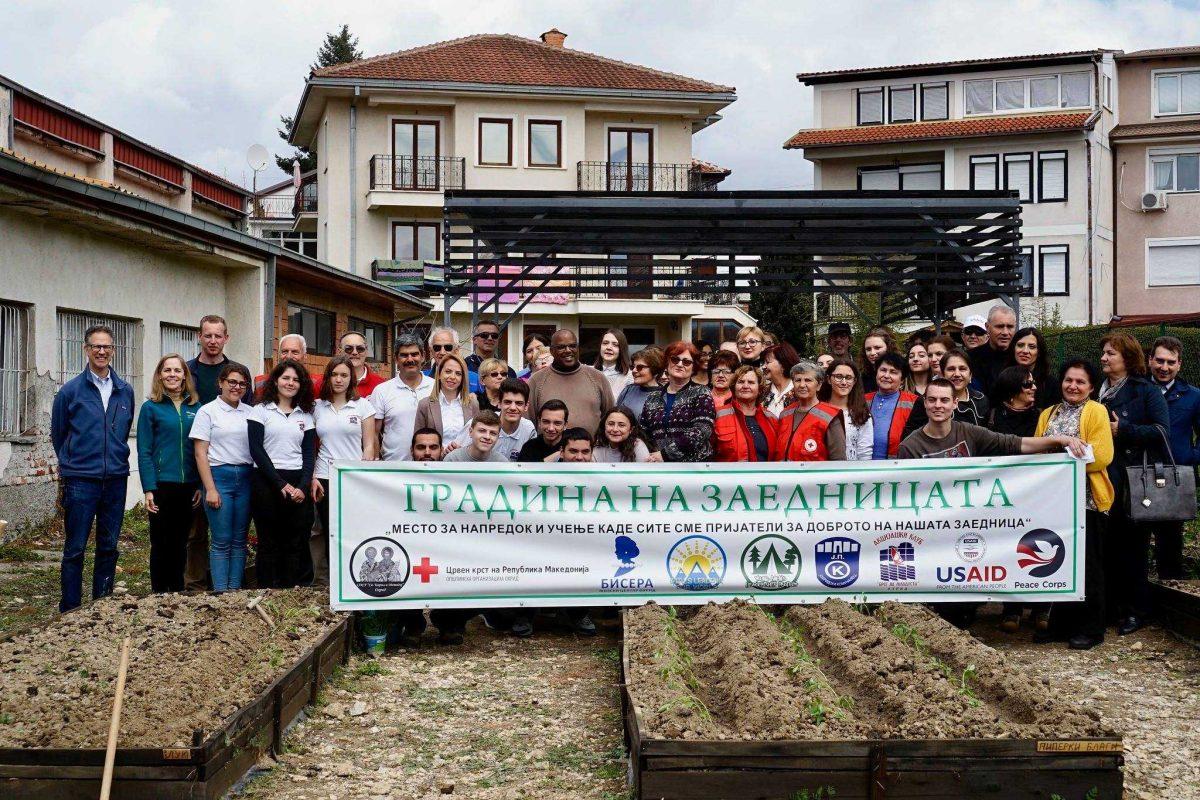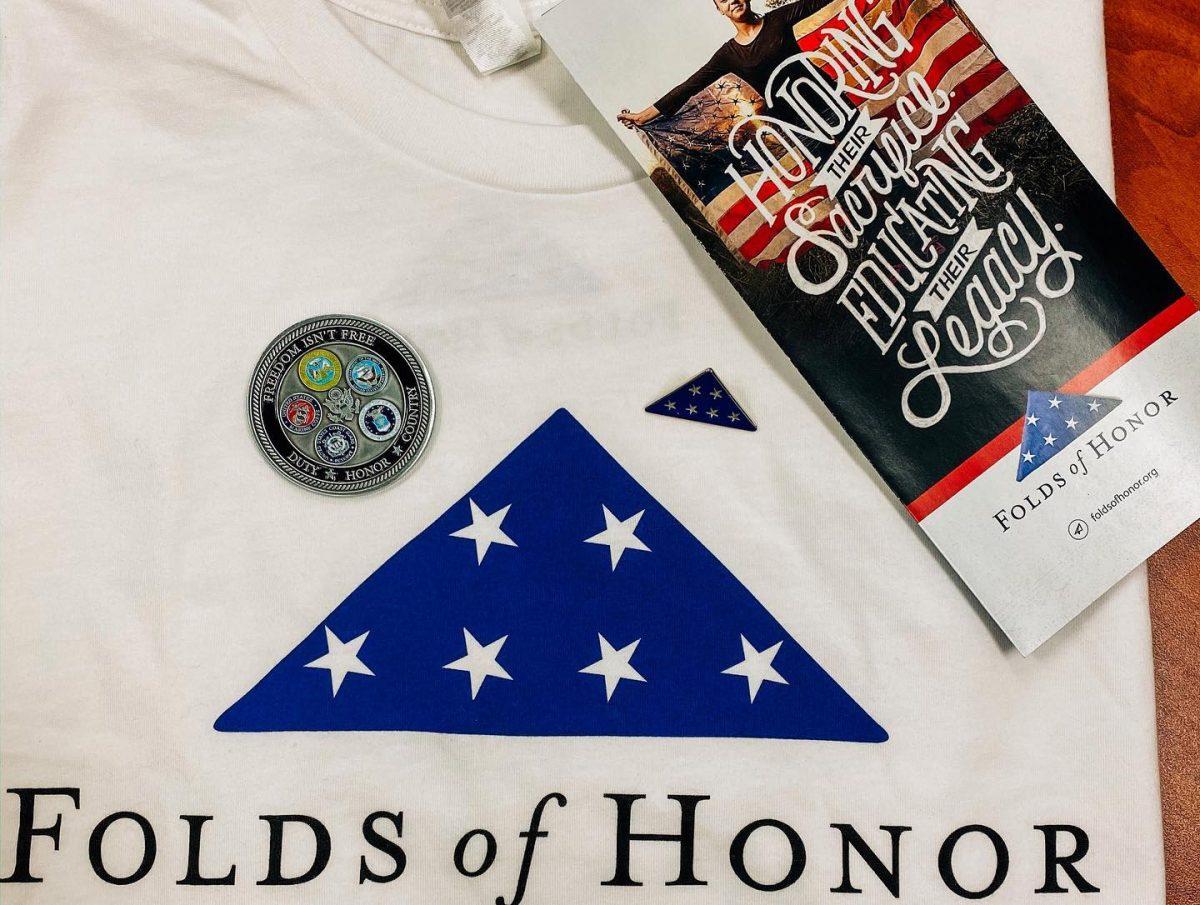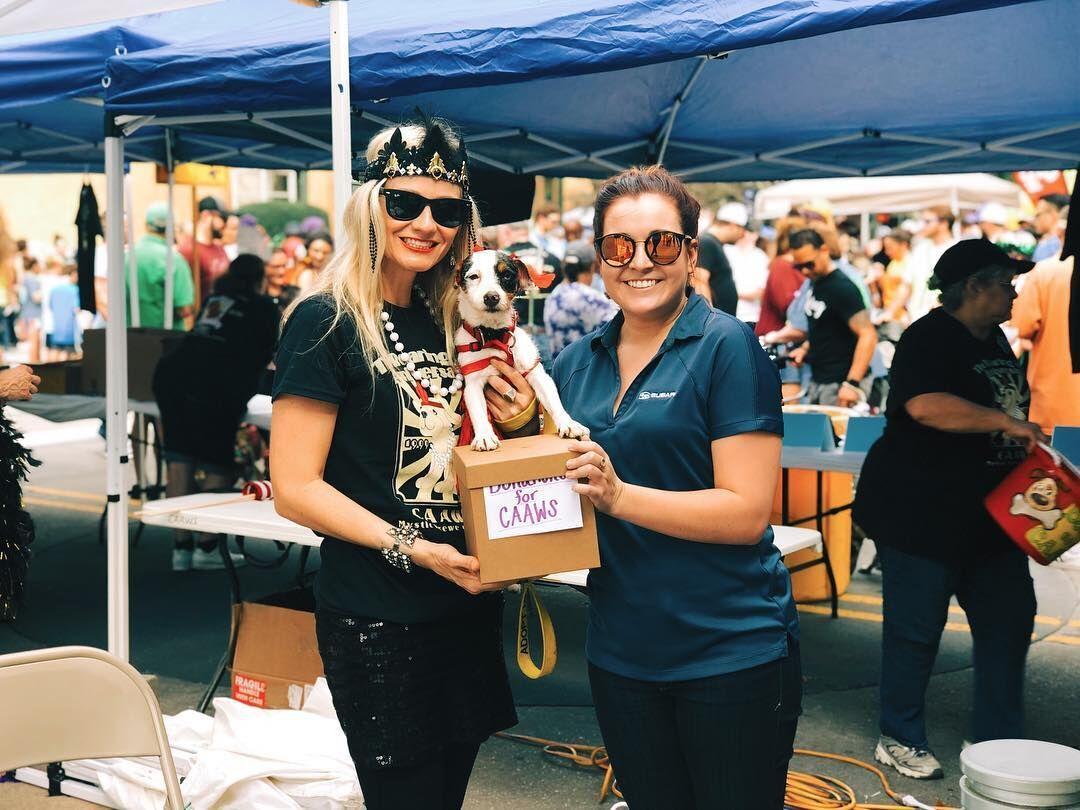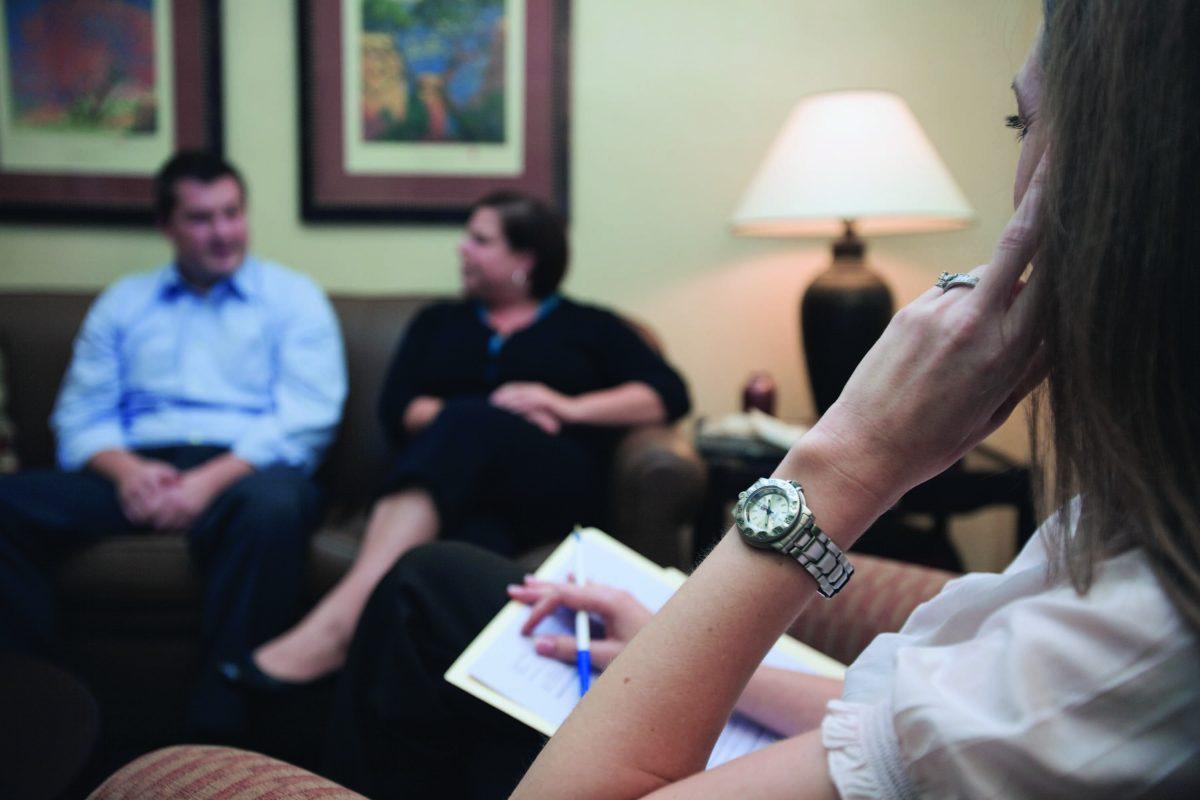It was 2 a.m. when John F. Kennedy arrived at the University of Michigan after a long day of campaigning. The soon-to-be president just wanted to get some sleep, but instead he found himself giving an impromptu speech that led to the establishment of an American volunteer program known as the Peace Corps.
The Peace Corps focuses on international developmental work as a way to promote world peace and friendship. The Peace Corps sends skilled volunteers to meet the needs of partner countries, whether that’s building libraries and technology centers or providing support to fight hunger or HIV/AIDS. In the 60 years since its founding, over 240,000 Americans have answered the Peace Corps’ call to service in 142 countries.
Michael Houang is one among those numbers.
When he stepped off the plane in western China, Houang was hit with the smell of blooming flowers, street food and spices in the air. Throughout the course of his service, he immersed himself into the country and his work, teaching English to nearly 500 students at a Chinese university.
A Chinese American, Houang’s parents were immigrants from Asia. Though his parents were supportive of his decision to join the Peace Corps after college, they asked him why he wanted to go back. His answer was simple.
“It’s because you were able to give me this life that I have to go back, and I have to give back in that regard,” Houang said.
Today, Houang serves as a Peace Corps university programs specialist, playing an important role in the Peace Corps’ continued outreach on college campuses, like here at LSU. The Peace Corps partnered with LSU in 2019 to bring the Peace Corps Prep Program to Baton Rouge.
Peace Corps Prep is a certificate program that gives college students the chance to complete intercultural coursework and gain service experience in one of the Peace Corps’ six sectors: agriculture, community economic development, education, environment, health and youth in development.
Houang said Peace Corps Prep has a specific focus in service to the community through firsthand, in the trenches volunteer experiences, like working at community gardens or volunteering with local refugee committees like the International Rescue Committee.
A Peace Corps Prep certificate offers a competitive edge for Peace Corps applications, which require a resume and personal essay. But at the end of the day, whether you’re looking for a career in the global sphere or an opportunity to do good in your community, Peace Corps Prep can serve as a steppingstone to help you achieve your goals.
“This is a great way to get any student involved in international matters, if they are interested in international relations, diplomacy,” Houang said. “All of these tools and techniques that you gain in Peace Corps Prep will benefit you in the long run, just to think a bit more globally minded.”
Or the certificate program could be a catalyst, the moment where you see yourself as a volunteer and recognize Peace Corps service as a real possibility for you.
“There is no one perfect volunteer that really makes the cake,” Houang said. “We’re going to be accepting and open and inclusive to everyone who is thinking about us. It’s just a matter of is this the right time for you,” he later added.
Recruiters like Bill Bridgeford can help with that. A returned volunteer himself, Bridgeford started his Peace Corps service at the age of 58 and spent two and a half years in North Macedonia.
After getting to know his community, Bridgeford helped start two projects: a student resource center and a community garden.
The student resource center leveraged the skills of local teachers, allowing them to teach classes and life skills beyond those in the traditional classroom, like entrepreneurship and leadership. The community garden evolved into a neighborhood-wide project, involving a partnership between local school kids and retirees.
“We linked an older generation with a younger generation for knowledge and skills exchange,” Bridgeford said. “It had very powerful local impacts that went far beyond harvesting the carrots.”
Bridgeford said that when he got on the plane to return home, he knew that he and his Macedonian counterparts accomplished everything they set out to do.
“My Peace Corps experience has taught me how ordinary people can accomplish extraordinary things when they collaborate across their cultures,” Bridgeford said. “Peace Corps volunteers are not superheroes. We are just average Americans, and the people that we work with overseas are not superheroes. They’re average people. But when we combine, this is when things start to happen.”
When he returned home, Bridgeford joined the Peace Corps agency as the regional recruiter for Louisiana and southern Mississippi. He also took advantage of the Paul D. Coverdell Fellows program, a graduate school fellowship providing financial assistance for returned Peace Corps volunteers.
“People think volunteer means it’s either casual work or it’s uncompensated and nothing could be further from the truth,” Bridgeford said.
While Peace Corps volunteers do not receive a salary, they do get a living allowance and standard benefits, like vacation time. Volunteers don’t pay for any travel expenses or training, like foreign language courses and professional skills development. They receive a substantial resettlement allowance upon returning home. Returned Peace Corps volunteers are also high on the preference list for employment within the federal government.
But Peace Corps service is really about the human connections and relationships forged along the way. Both Houang and Bridgeford said they still keep in touch with people they met during their service.
“You leave a part of yourself with them and you definitely, you know, take on the parts of them that they leave with you as well,” Houang said.
Promoting understanding across cultures has been part of the Peace Corps mission since its founding in 1961. Bridgeford said after his service, he’s gained a global perspective that’s stuck with him ever since.
“Whether you’re aware of it or not, your priorities have changed,” Bridgeford said. “You certainly don’t see the world the same way. Your eyes have been opened. Your vision has been broadened.”
For more information about the Peace Corps, visit www.peacecorps.gov or contact regional recruiter Bill Bridgeford at bbridgeford@peacecorps.gov. For more information about Peace Corps at LSU, visit www.lsu.edu/peace-corps-prep or contact Peace Corps Prep adviser Mark Schafer at mschaf1@lsu.edu.
Work for the World with the Peace Corp
By Ava Borskey
August 9, 2022





